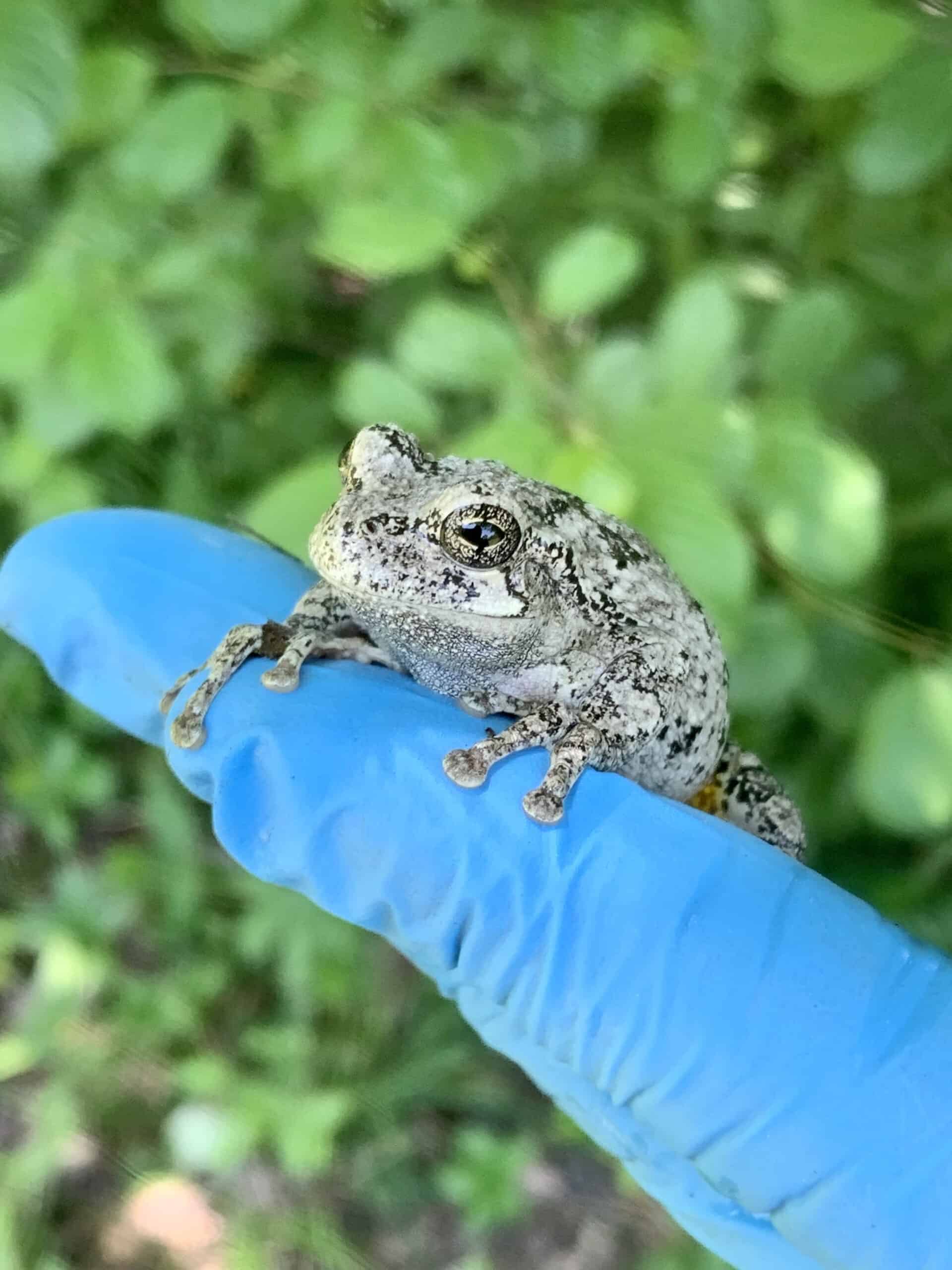Share this article
World Experiencing Sixth Mass Extinction, Study Finds
The sixth mass extinction event on the planet is already upon us, according to a new study.
“If it is allowed to continue, life would take many millions of years to recover, and our species itself would likely disappear early on,” said Gerardo Ceballos of the Universidad Autónoma de México in a press release. Ceballos is the lead author of a recent study published in Science Advances that shows that even by conservative estimates, species are going extinct up to around 100 times more quickly than normal rates.
The last mass extinction occurred around 66 million years ago when dinosaurs disappeared from the planet.
In order to get numbers, the team focused on vertebrates from a number of sources of extinction counts including fossil records and previous studies. They then used extremely conservative estimates on the number of species going extinct today and doubled the amount of species they estimate went extinct before this mass extinction event. They wanted to come to a decision about whether even the lowest estimates of the modern extinction rates pointed to humanity’s impact and found that we are indeed causing “a global spasm of biodiversity loss.”
“We emphasize that our calculations very likely underestimate the severity of the extinction crisis, because our aim was to place a realistic lower bound on humanity’s impact on biodiversity,” the researchers wrote.
Some of the major impacts include clearing of wild land for human development or farming, introducing invasive species, carbon emissions that cause climate change and ocean acidification, and chemical contaminants.
“There are examples of species all over the world that are essentially the walking dead,” said Paul Ehrlich in a press release. Ehrlich is the Bing Professor of Population Studies in biology, a senior fellow at the Stanford Woods Institute for the Environment and a coauthor of the paper.
The authors hope that their work will help inform public policy and future conservation measures.
“Avoiding a true sixth mass extinction will require rapid, greatly intensified efforts to conserve already threatened species, and to alleviate pressures on their populations — notably habitat loss, over-exploitation for economic gain and climate change,” the study’s authors write.
Header Image:
Tasmanian tigers in Washington, D.C. around 1906. The species’ last confirmed sighting in the wild was in the 1930s and, in 1986 the Tasmanian government declared it extinct. A new study shows that we are now in the sixth mass extinction of the planet, and with species disappearing up to 100 times more quickly than in ordinary times.
Image Credit: Smithsonian Institute Archives








